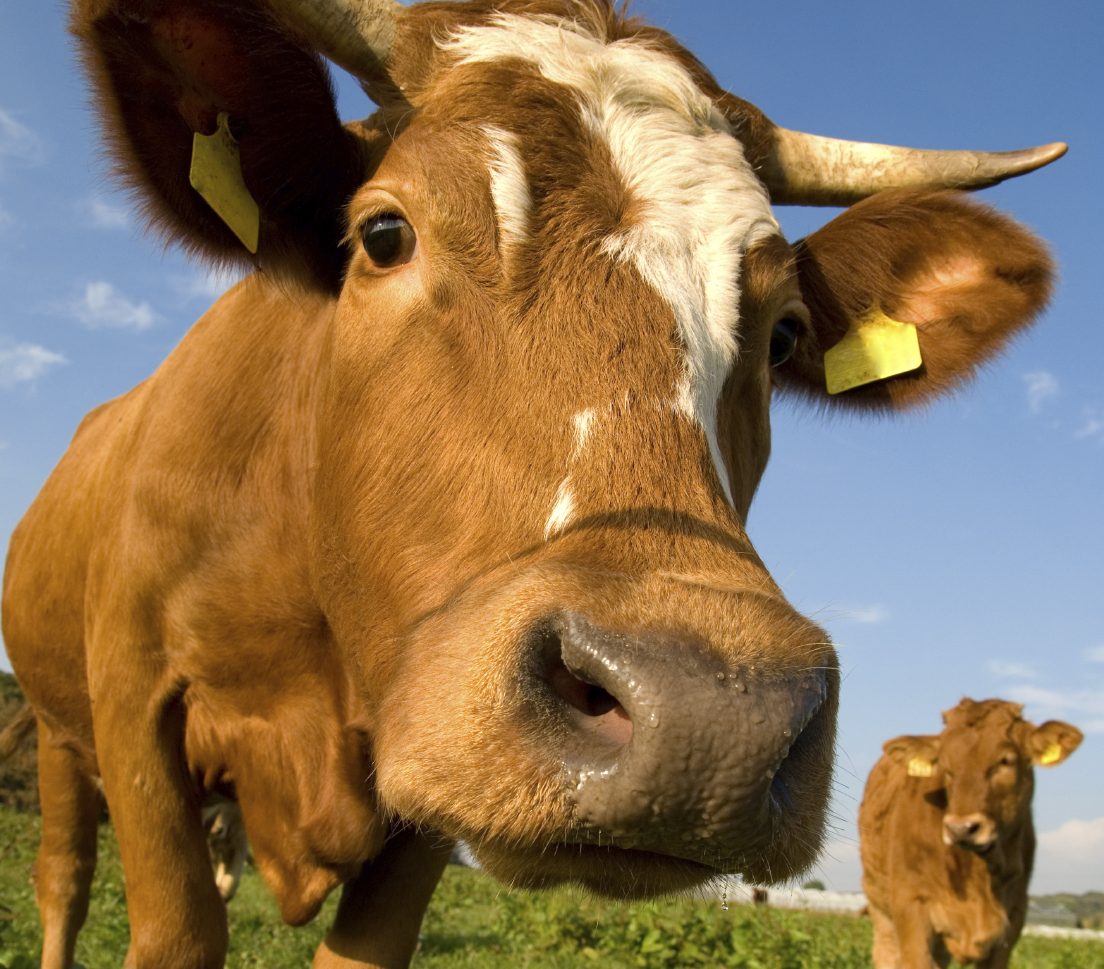
13 Apr First bull tests positive for rabies in Pueblo
The Colorado State Veterinarian’s Office distributed this message on April 13, 2020.
On April 10, 2020, the Pueblo Department of Public Health and Environment was notified that a four-year-old bull cow, raised by bottle and hand fed in the Beulah area, tested positive for rabies. This is the first bull reported to have rabies in Pueblo County.
Veterinarians play a key role in the essential components of rabies prevention and control, including public education and vaccination of pets and livestock. Veterinarians are encouraged to monitor rabies data from state and local public health departments and use this information when discussing rabies prevention and vaccinations with clients. For statewide data visit the Colorado Department of Public Health & Environment rabies data website.
While skunks are the most common wildlife animal to carry rabies, the skunk rabies variant has spilled over to raccoons, foxes, coyotes, and mountain lions. Therefore, clients should be aware of inherent risks of exposure to other wildlife species exhibiting abnormal behavior.
Livestock vaccination: All species of livestock are susceptible to rabies; cattle and horses are the most frequently reported infected livestock species. All horses should be considered for vaccination against rabies. Rabies is considered one of the core equine vaccinations in the AAEP guidelines. Livestock that have frequent contact with humans (e.g. in petting zoos, fairs, and other public exhibitions) should be considered for vaccination against rabies, including species for which licensed vaccines are not available (extra-label use). Consideration should also be given to vaccinating livestock that are particularly valuable.
“So far, this year, four skunks tested positive for rabies in the Beulah, Rye and Colorado City areas. With the growing prevalence of rabid skunks, it is important to vaccinate pets and livestock for rabies,” stressed Randy Evetts, public health director at the Pueblo Department of Public Health and Environment. Unvaccinated pets and livestock pose a huge risk to humans, unless this virus is treated it is almost 100% fatal.
The bull’s owner noticed odd behavior and a refusal to eat or drink on Friday. The bull was taken to a veterinarian clinic on Saturday and died on Tuesday, test results were received on Thursday confirming rabies. Several family members and veterinarian staff were exposed to the infected bull and will need to receive post exposure rabies vaccinations.
Pet and livestock must be vaccinated against rabies through a licensed veterinarian in order for the vaccination to be considered valid. Un-or-under vaccinated dogs and cats exposed to rabies have an extremely high chance of getting infected and dying from the disease.
To avoid exposure to rabies:
- Never touch a stray or any other wild animal. Healthy skunks, raccoons and animals typically come out in the evening. If the animals are acting tame or extremely aggressive, especially in the day, they may be sick. Children who find wild animals should leave them where they are, do not touch the wild animal, and tell an adult.
- Do not pick up any injured animal with your hands, even if you’re wearing gloves. Use a shovel to place it in a bucket or bag if the animal must be moved.
- If you are bitten by a stray, wash the bite thoroughly with soap and water then contact both your physician and the Health Department 719-583-4307.
- If you are bitten by a wild animal, wash the bite thoroughly with soap and water then contact both your physician and the USDA Wildlife Specialist at 719-569-1906.
- Make sure your pets are vaccinated against rabies. Keep in mind vaccines not administered by a licensed veterinarian are not considered valid vaccinations in the State of Colorado, including Pueblo County.
For additional information about animals go to the Centers for Disease Control and Prevention’s web site at cdc.gov/rabies or call the Pueblo Department of Public Health and Environment at 719-583-4307.


